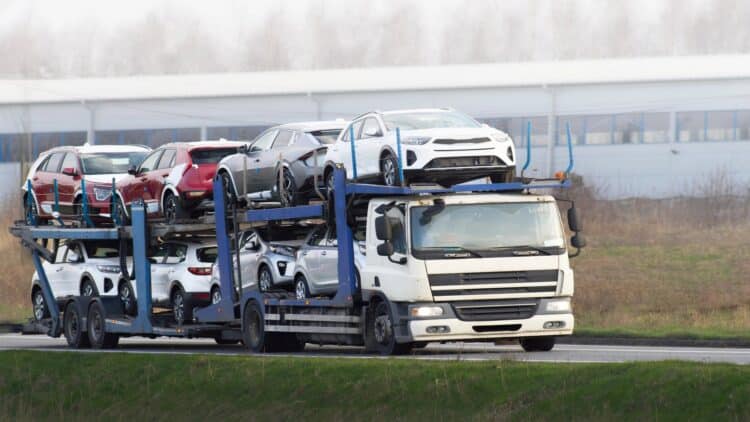South Korean auto giants Hyundai and Kia have issued a daring challenge to Japan’s famously demanding import car market on the back of electric technology. The two sibling firms have created an interlocking strategy centered on capitalizing on the vulnerability of Japanese manufacturers to falling in love with electrification technology. The daring step overlooks a foreign builder for decades in Japan’s insulated car culture.
Korean auto makers explore Japanese electric car market niches
Hyundai Motor and Kia Corporation are making their first joint pitch for the Japanese automobile market at the Japan Mobility Show, which opens on October 30. The automakers will unveil all-electric models like the Inster, Insteroid, PV5, and redesigned NEXO hydrogen fuel-cell SUV. They do not want to engage in a direct fight against Japan’s deeply entrenched internal combustion engine business but contest Japanese incumbents wherever they are underpenetrated.
The electric car market in Japan has expanded step by step incrementally with charging points, and new EV technology from foreign rivals still has room to enter the country. Hyundai Motor Group attributes the incremental Japanese automaker shift to electrification as its greatest handicap and plans to open up the normally closed nation through electric cars.
Electric cars put Korean technical excellence in the limelight
Hyundai is unveiling the recently launched NEXO fuel-cell SUV and flagship IONIQ 5 and Inster Cross model, while Kia unveils its first purpose-designed dedicated commercial vehicle, PV5, for Japan’s new commercial EV market segment.
Previous attempts at an early launch were foiled by significant obstacles
Hyundai formerly attempted to break into the Japanese automobile market in 2001, but abandoned its passenger car business in 2009 due to sales lagging. They returned in 2022 with the IONIQ 5 and NEXO and were a bit successful at 759 units sold up to September 2025.
Its best-selling model has been the Inster Cross, as small models are favored by Japanese tastes and favorable tax policies.
Kia had established a research and development facility in Japan in the 1990s, but withdrew entirely in 2013 when it could not gain momentum in the market. The company entered into an agency agreement with a Japanese trading giant, Sojitz Corporation, to export sales promotion and after-sales services, including the most important issues with respect to returning to the market.
Market share continues to elude despite EV focus
Hyundai’s existing Japan EV market share is in the low single digits and is facing intense rivalry from established local players as well as fast-growing Chinese and US players in the newborn electric vehicle segment.
Chinese and domestic players intensify competition
Nissan led Japan’s first-half 2025 EV sales with 11,695 units, or some 40% of volume, followed by Tesla on 5,542 units, Mitsubishi on 4,793 units, and China’s BYD on 1,409 units. Chinese automaker BYD will be launching a full range of vehicles at the Tokyo mobility show, from the Yangwang U9 luxury supercar to the Sealion 6 hybrid.
Japanese automobile manufacturers are striking back fiercely in the face of foreign competition, with Toyota unveiling a new Century Coupe over its luxury Lexus brand and Honda rolling out future Honda 0 Series EVs. BYD inked agreements with Japan’s Aeon department store chain group to expand its sales force, and its targets include about 30 stores nationwide as it prepares a compact EV to meet Japan’s distinctive rules.
“Japanese manufacturers are much behind in the arena of electrification, and that the situation is an excellent opportunity for his company” – Kia executive Kim Sangdae
Japanese victory is not just a sales achievement for Hyundai and Kia—it would be a symbolic door-opener in one of the globe’s most closed car markets. The competition is designed to highlight changing dynamics in Japan’s auto market, long dominated by homegrown brands but increasingly under threat from Korean and Chinese EV proposals.


